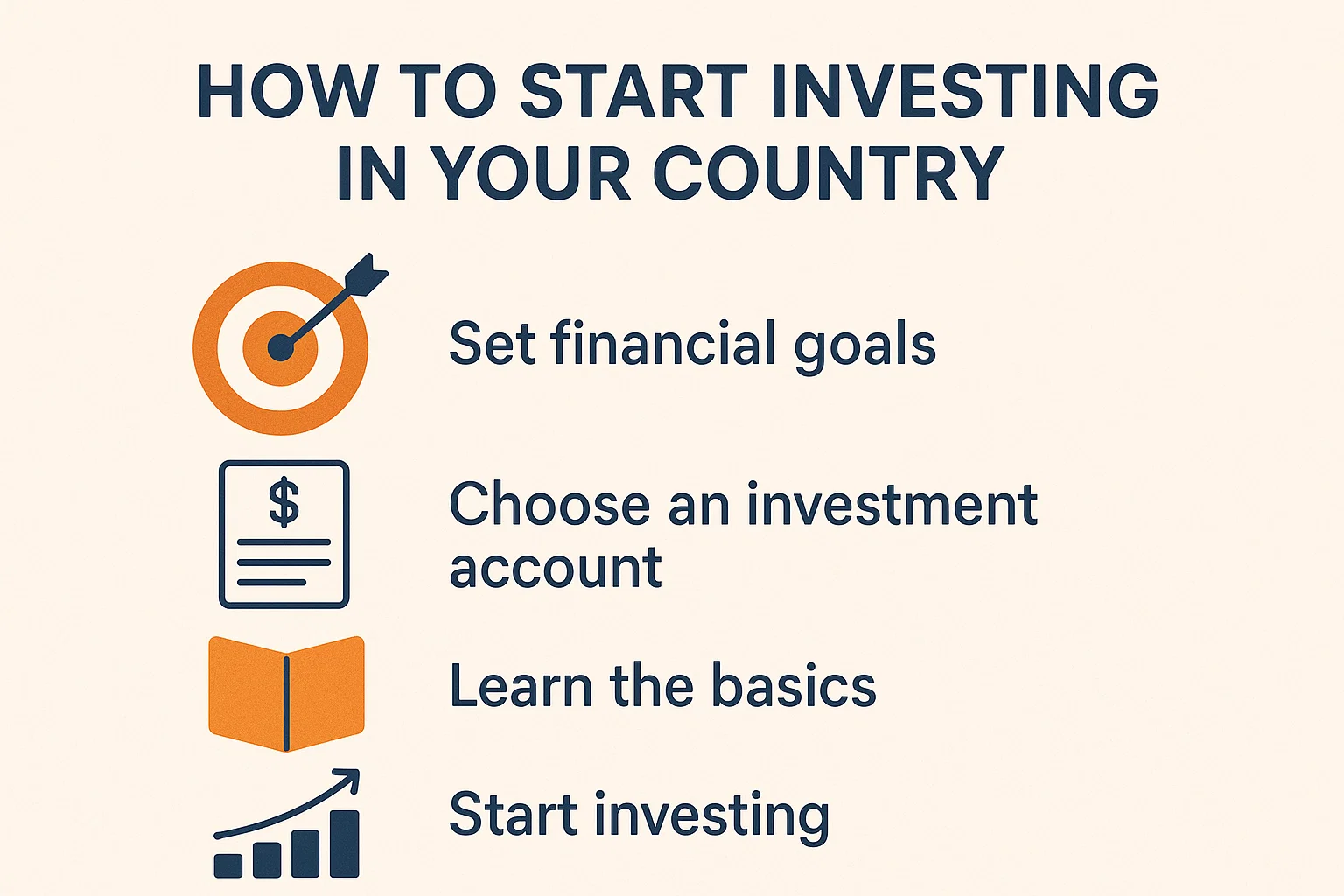Breaking News
Popular News




Enter your email address below and subscribe to our newsletter

Many people delay investing because they feel they don’t earn enough or don’t know where to start. The truth is: starting early is more important than starting big. Thanks to compounding, the sooner you begin, the greater your potential wealth.
This guide will walk you through how to start investing in India with practical, beginner-friendly steps.
Before investing, ask yourself:
Do I want to save for retirement, a home, or my child’s education?
What’s my investment horizon – short, medium, or long-term?
Goals define your asset selection and risk appetite.
To invest in most instruments in India, you need:
Bank account
PAN card
Aadhaar linked with mobile number
Demat account (for stocks, ETFs)
Mutual fund account (via app or broker)
Can you handle market ups and downs? If not, start with low-risk options like debt funds, FD-like products, or SIPs in hybrid funds.
Here are some beginner-friendly instruments in India:
Mutual Funds (SIPs)
Public Provident Fund (PPF)
National Pension Scheme (NPS)
Exchange Traded Funds (ETFs)
Fixed Deposits (FDs)
Direct Equity (if you understand the market)
Start with a Systematic Investment Plan (SIP). Even ₹500/month can grow into lakhs over time. Automating investments keeps you consistent.
Use apps like Zerodha Coin, Groww, or Kuvera to monitor your portfolio and rebalance once every 6–12 months.
Use ELSS, NPS, and PPF to save under Section 80C. Tax-efficient investing = better long-term gains.
Yes! Most SIPs allow you to start with as little as ₹100–₹500. Start small and increase over time.
Mutual funds are regulated by SEBI and are safer than direct stock investing for beginners. Choose based on your risk appetite.
You need a Demat account for stocks and ETFs. But for mutual funds and PPF/NPS, it’s not mandatory.
SIPs in large-cap mutual funds, PPF, and NPS are great places to start for long-term wealth creation.
Yes. Savings protect your capital, but investing grows it. A mix of both is ideal.
Knowing how to start investing in India empowers you to take control of your future. Start with what you know, use automation like SIPs, and stay consistent. Your financial freedom journey starts with your first investment.
Visit 👉 bit2050.com for more beginner guides on crypto, mutual funds, and building wealth in India.